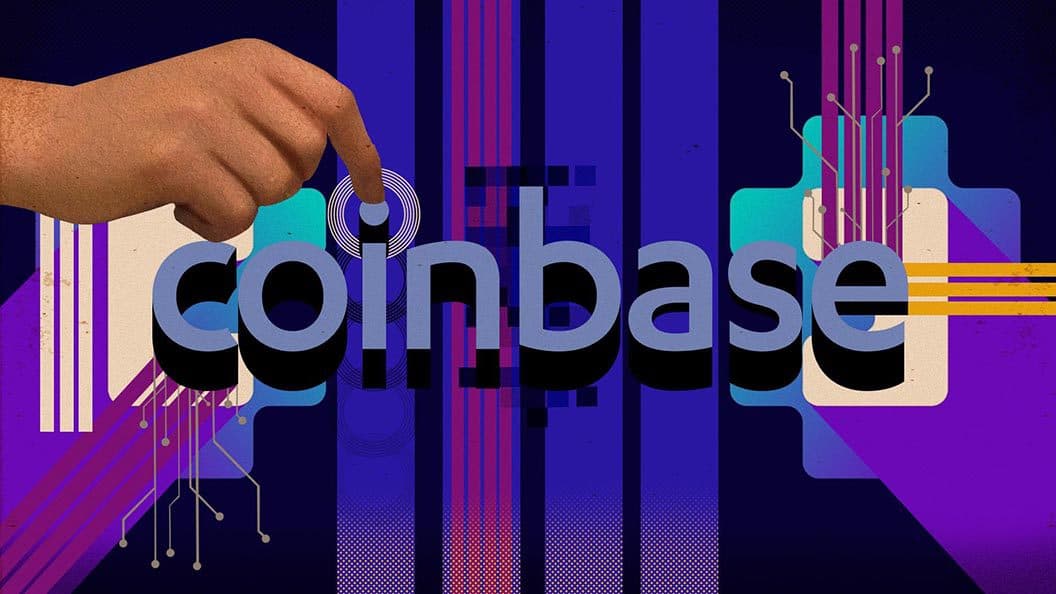Coinbase’s Recent $2B Bond Offering Shows Voracious Appetite of Investors
The publically traded digital asset exchange raised $500 million more than initially planned.

Blockworks exclusive art by axel rangel
- Coinbase stock is down 22% from August 11, 2021 highs following earnings release
- Bond offering saw massive demand as investors seek yield, and want digital asset exposure
Coinbase has found a new opportunity to raise money at attractive rates, through a bond offering. Since its direct stock listing in April, the company’s $COIN shares settled into a range between about $220 and $280 per share. The stock hit the $294 mark on the day Coinbase posted a Q2 2021 result of $1 billion adjusted EBITDA (earnings before interest taxes depreciation and amortization) on August 11, before falling back toward the bottom of the range in subsequent weeks.
On September 13, the company announced plans to raise $1.5 billion in a junk bond offering, but they ended up raising $2 billion on sales of seven-year and 10-year notes, carrying interest rates of 3.375% and 3.625% respectively.
“Demand was so high,” wrote Bloomberg on September 14, that “at least $7 billion of orders poured in,” and yet, just ten days later, following news of the latest China (non-)ban, Bloomberg described the bond offering as a “debacle.”
Unlike MicroStrategy Inc., which has tapped the bond market to fund purchases of bitcoin itself, Coinbase intends to use the cash raised for general corporate purposes, which could mean anything from developing new products to executing acquisitions.
The interest rate Coinbase must pay is slightly higher than comparable corporate bonds rated just below investment grade, Bloomberg noted, but will allow the crypto exchange to diversify its offerings.
Coinbase recently cancelled plans to offer a high-yield savings-like product — dubbed Coinbase Lend — after receiving objections from the SEC, and is seeking regulatory clarity for its business. Earlier this week, the company announced a new feature to make users’ Coinbase accounts a destination for direct deposits from the paychecks of salaried employees in the United States.
The $2 billion bond sale is part of a greater trend this year of investment in businesses operating in the digital asset industry, a trend which accelerated in September.
“The appetite capital has for crypto right now is astonishing. It will all fund the next massive adoption cycle,” noted Travis Kling of Ikigai Asset Management on Twitter, yesterday.
Ark Invest managers apparently agrees, as they recently added 184,199 shares of Coinbase, worth about $42 million, to the Ark Innovation ETF (ARKK). The price of $COIN is up 2.8% to $234 on the Nasdaq at market open.






